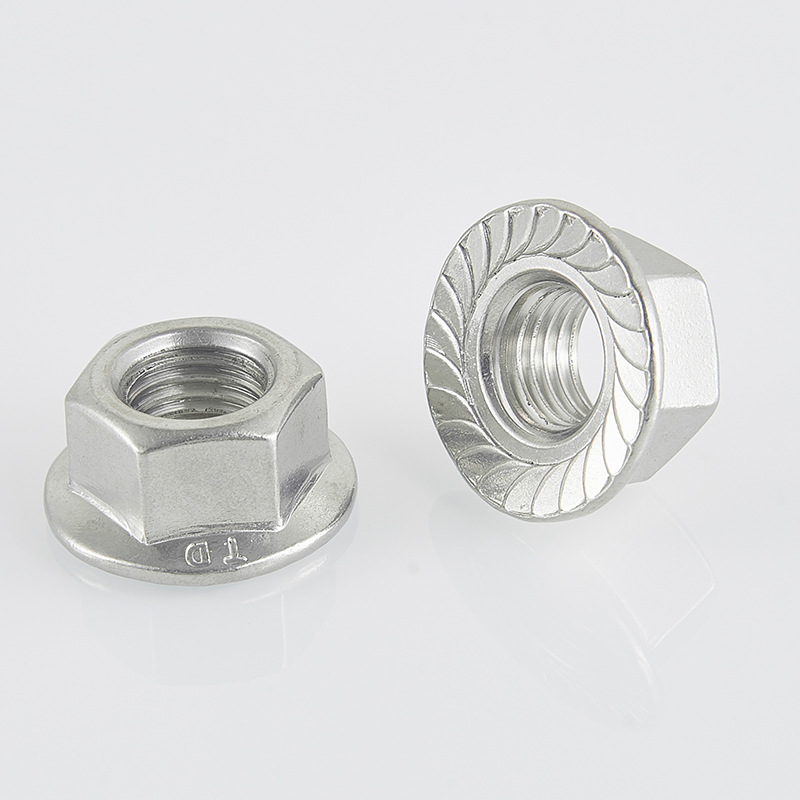

Innovative Solutions for Deck Fastening Systems and Their Applications in Construction
Oct . 05, 2024 17:08 Back to list
Innovative Solutions for Deck Fastening Systems and Their Applications in Construction
Understanding Deck Fasteners The Key to a Durable Deck
When constructing a deck, the choice of fasteners is as crucial as the materials used for the structure itself. Deck fasteners are specialized hardware designed to securely hold deck boards to the frame. While they may seem like a small detail in the overall project, the right fasteners can significantly enhance the durability and longevity of a deck.
There are several types of deck fasteners available, each with its own advantages and considerations. The most common types include deck screws, nails, and hidden fasteners. Deck screws, often made of stainless steel or coated to resist corrosion, are popular for their strength and holding power. They provide excellent resistance to weathering and are available in various lengths and widths to cater to different decking materials.
Nails, particularly galvanized or epoxy-coated nails, are another option for deck construction. They are quick to install and provide a strong initial hold. However, they can be prone to popping out over time, especially if the deck boards are subject to significant movement. For this reason, many builders lean towards screws, which offer a more reliable long-term solution.
deck fasteners

Hidden fasteners have gained popularity in recent years, as they allow for a clean, unblemished appearance by concealing the fasteners beneath the surface of the decking. These fasteners work by clipping into grooves on the edges of the boards, providing a seamless look while decreasing the risk of splintering and minimizing damage to the decking. However, they can be more challenging to install and may require specific tools or additional hardware.
Another essential consideration when selecting deck fasteners is the material used in their construction. Since decks are exposed to the elements, fasteners must resist rust and corrosion. Stainless steel is the top choice for coastal areas where salt exposure is prevalent; meanwhile, coated fasteners can suffice in less demanding environments.
Additionally, proper installation techniques are crucial for ensuring the longevity of your deck. Fasteners should be driven straight and at the correct torque to avoid damaging the decking material. Overdriving screws can lead to a weak hold or cracking, while underdriving can result in protruding fasteners that risk becoming hazards.
In conclusion, choosing the right deck fasteners is vital for a successful deck build. By considering factors such as material, type, and installation method, homeowners and builders can ensure a beautiful, functional, and long-lasting deck that withstands the test of time. Whether opting for traditional screws or innovative hidden fasteners, making an informed decision will bring both aesthetic and practical benefits to any outdoor space.
Latest news
-
High-Strength Hot Dip Galvanized Bolts - Hebei Longze | Corrosion Resistance, Customization
NewsJul.30,2025
-
Hot Dip Galvanized Bolts-Hebei Longze|Corrosion Resistance&High Strength
NewsJul.30,2025
-
High-Strength Hot-Dip Galvanized Bolts-Hebei Longze|Corrosion Resistance&High Strength
NewsJul.30,2025
-
Hot Dip Galvanized Bolts-Hebei Longze|Corrosion Resistance&High Strength
NewsJul.30,2025
-
Hot Dip Galvanized Bolts - Hebei Longze | Corrosion Resistance, High Strength
NewsJul.30,2025
-
High-Strength Hot Dip Galvanized Bolts-Hebei Longze|Corrosion Resistance, Grade 8.8
NewsJul.30,2025

